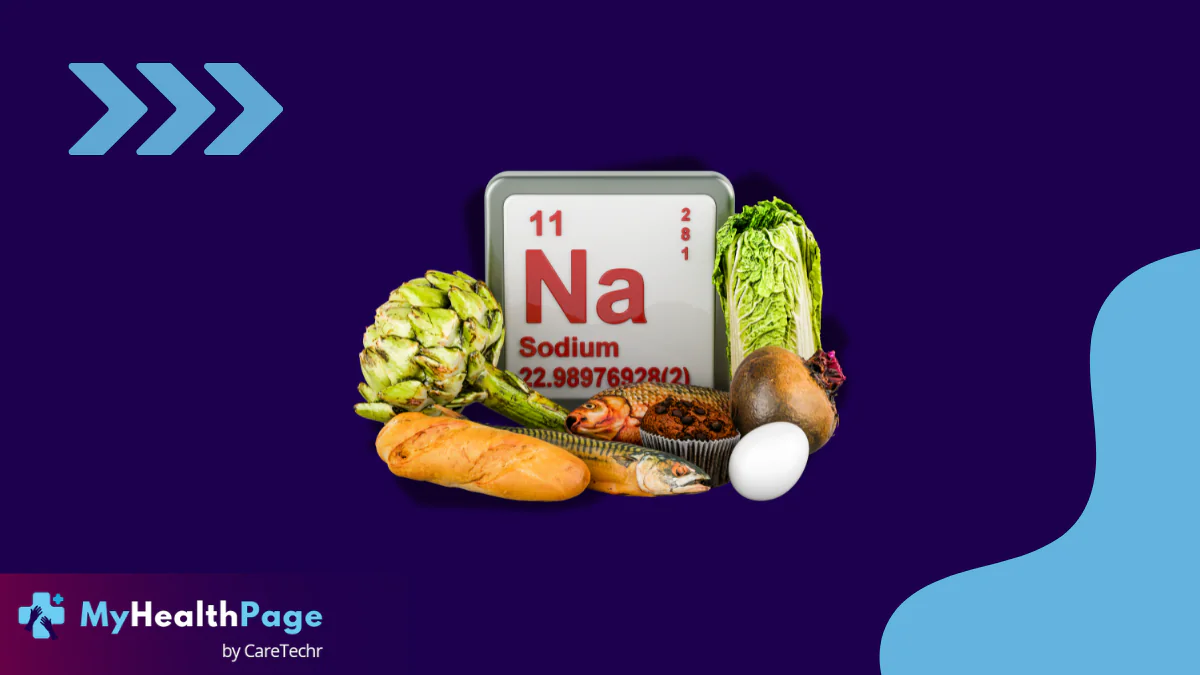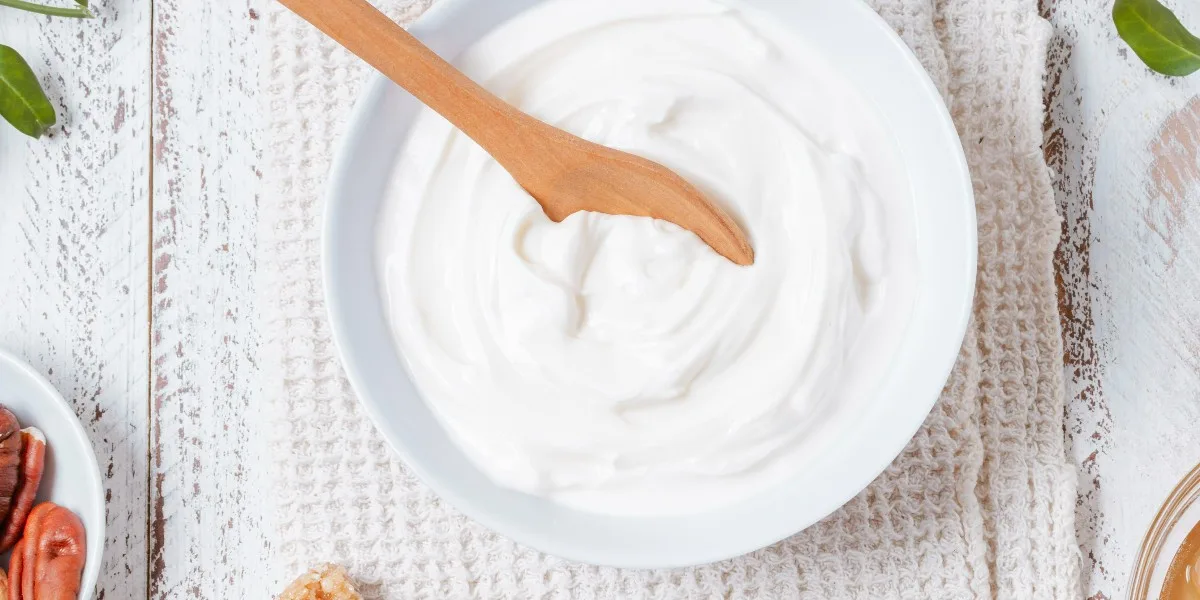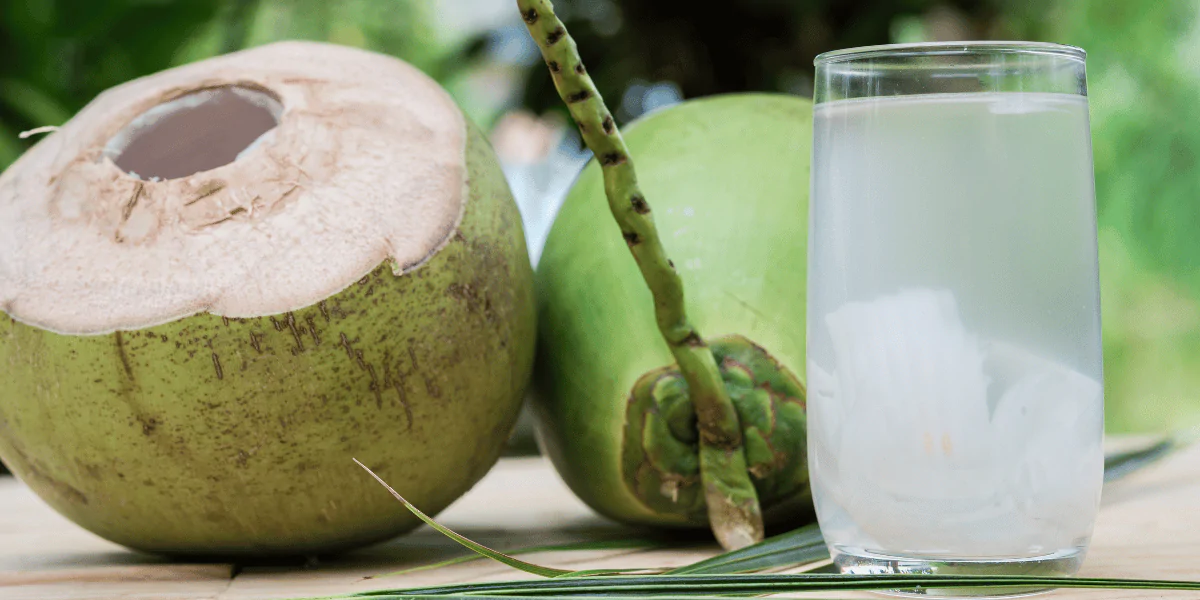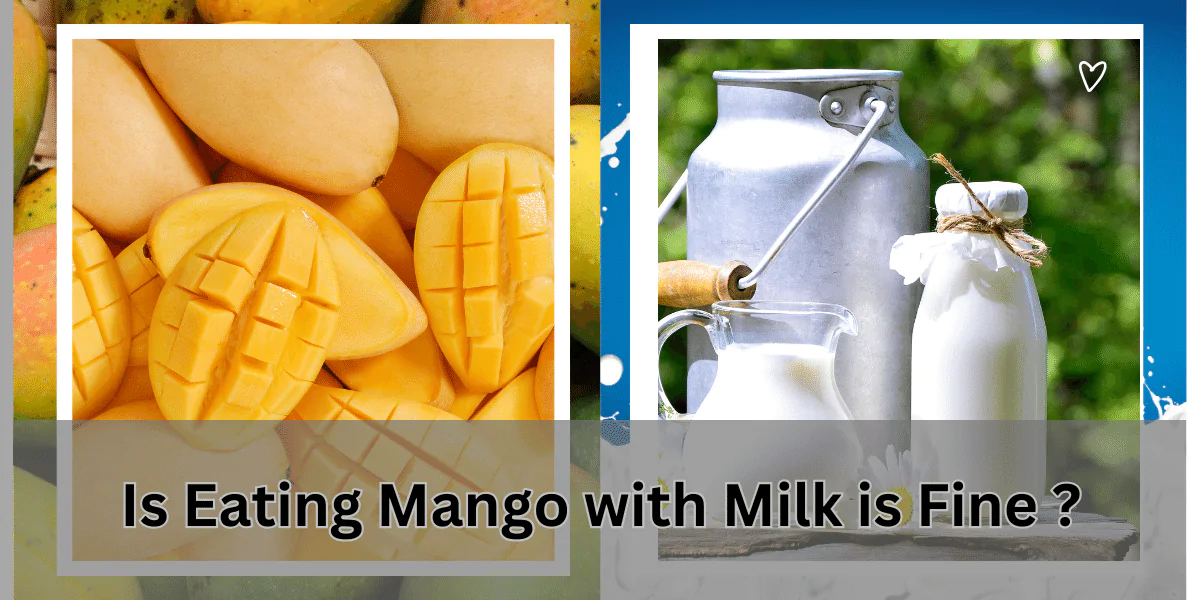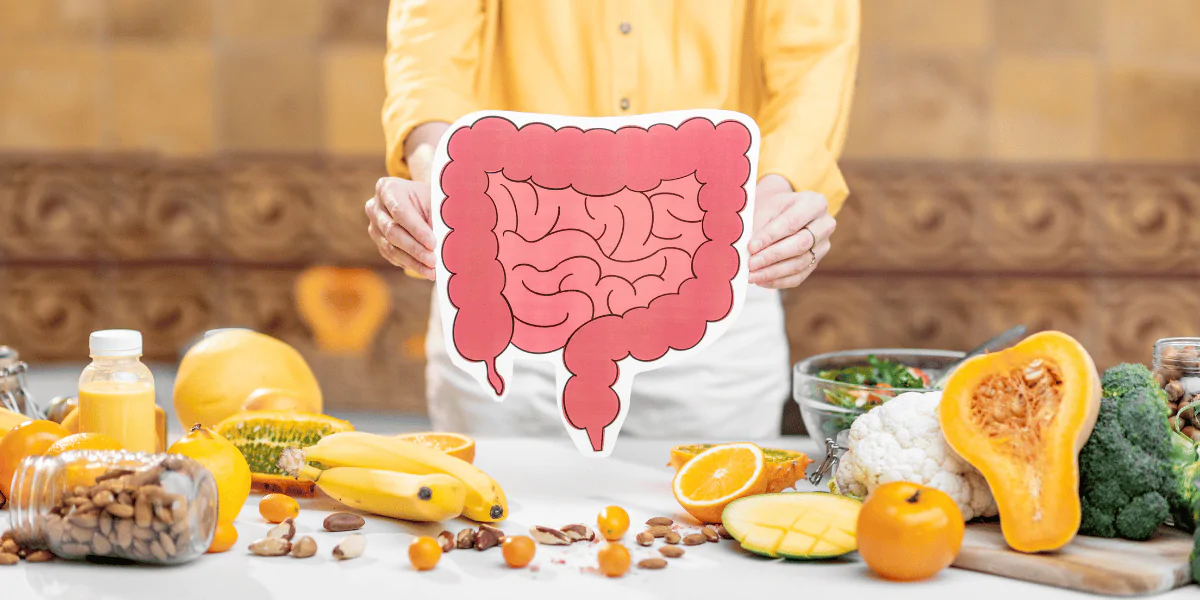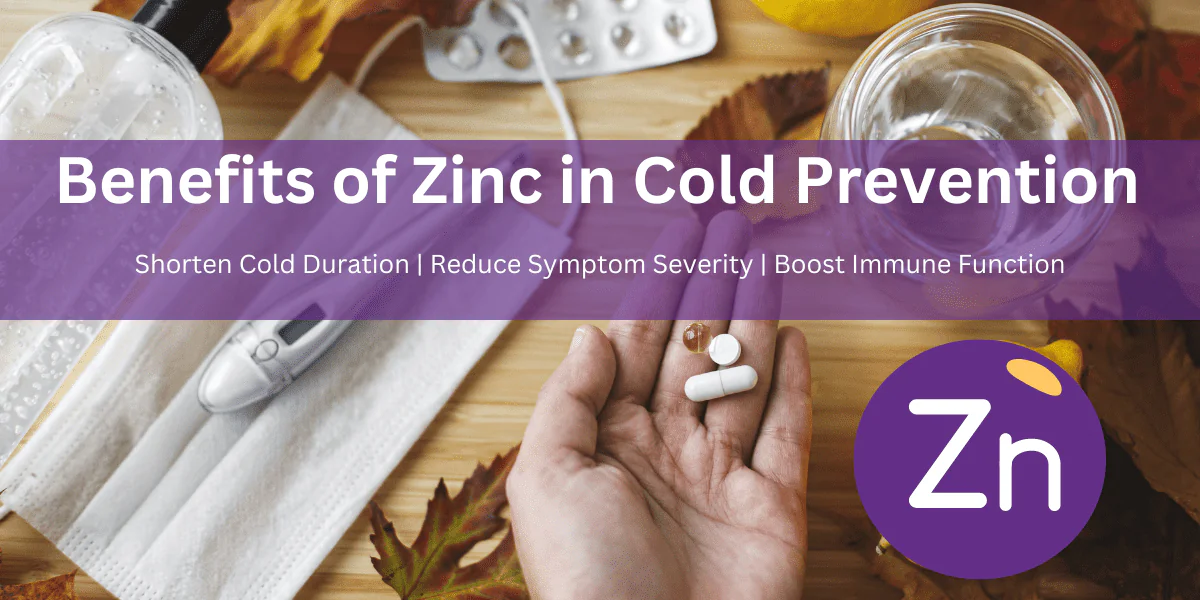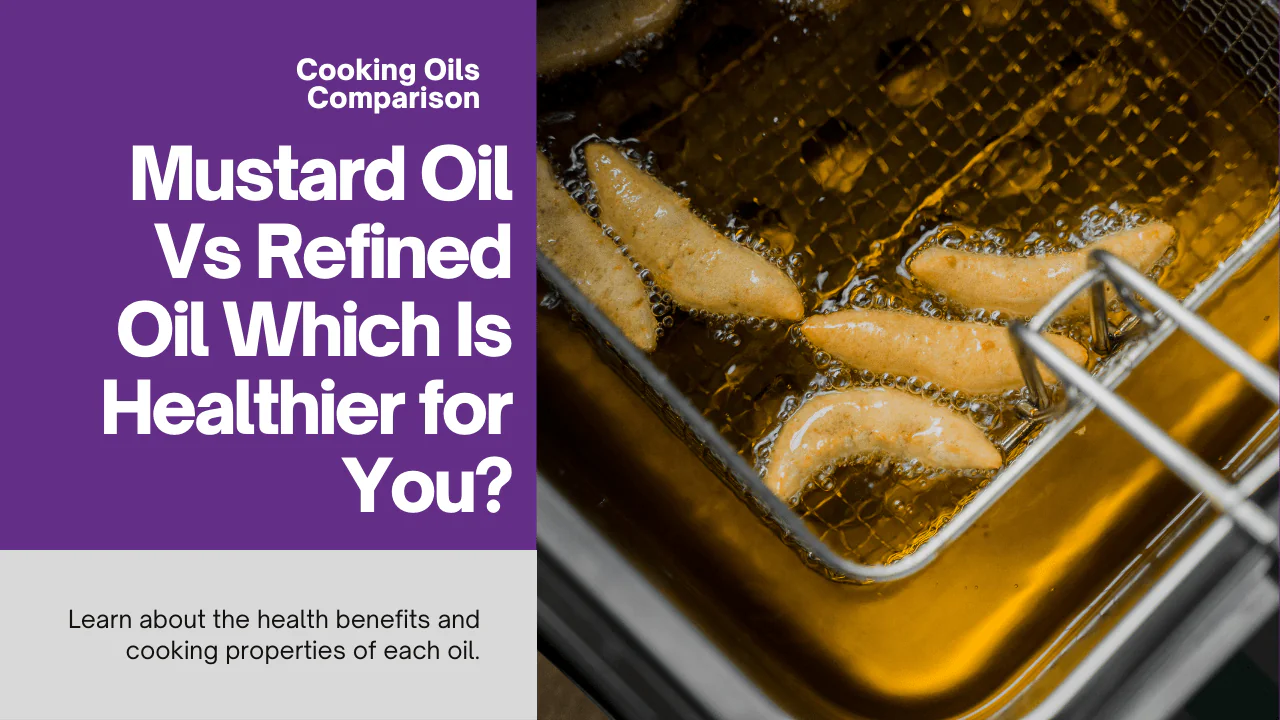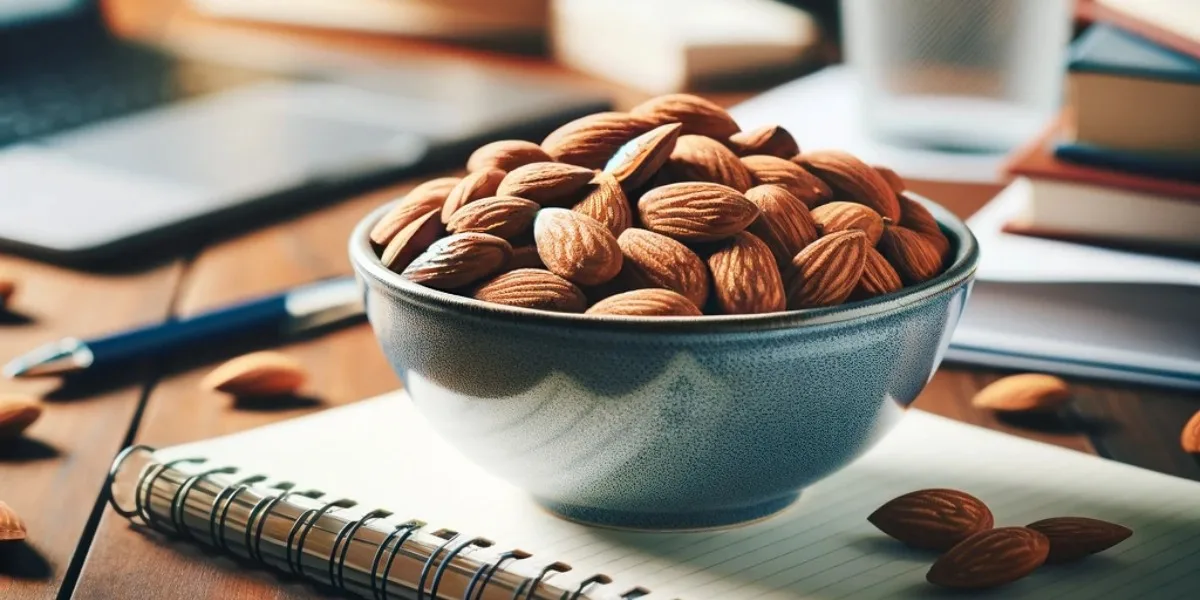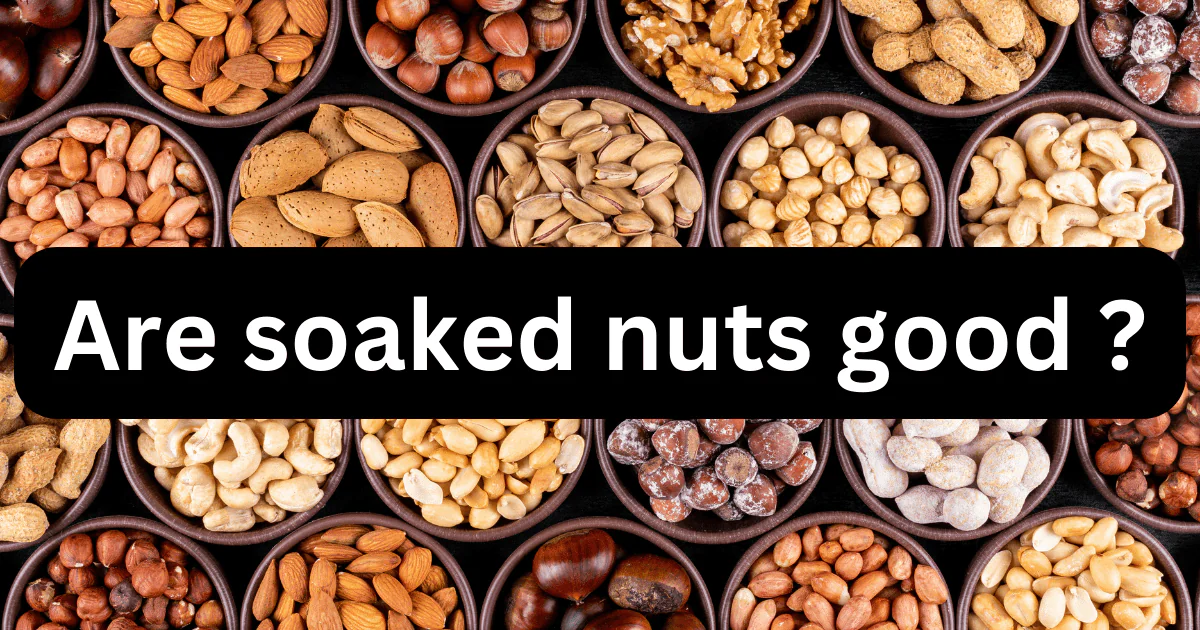Salt is a staple in most diets, enhancing the flavor of foods and preserving ingredients. However, consuming too much sodium—a key component of salt—can have undesirable effects on your body. One of the most noticeable impacts of a high-sodium diet is water retention, which often leads to bloating. While these issues may seem minor, they can have broader implications for your overall health and well-being.
This article explores the science behind how a high-sodium diet contributes to water retention and bloating, the potential health risks involved, and practical steps to manage sodium intake effectively.
Understanding Sodium and Its Role in the Body
Sodium is an essential mineral that plays a crucial role in various bodily functions, including:
- Regulating Fluid Balance: Sodium helps maintain the balance of fluids inside and outside cells.
- Nerve Function: It supports the transmission of nerve signals.
- Muscle Contraction: Sodium contributes to normal muscle function.
Despite its importance, too much sodium disrupts the body’s natural balance, leading to complications like water retention and bloating.
What Is Water Retention?
Water retention, or fluid retention, occurs when excess fluids accumulate in the body’s tissues. This condition can cause swelling, particularly in the hands, feet, ankles, and abdomen.
How Sodium Contributes to Water Retention
- Osmosis: Sodium attracts water. When sodium levels are high, water is retained in the bloodstream and tissues to dilute the excess sodium, causing swelling and bloating.
- Kidney Function: The kidneys regulate sodium levels in the body. A high-sodium diet overburdens the kidneys, leading to inefficient excretion of sodium and water.
Why a High-Sodium Diet Causes Bloating
Bloating is often a result of water retention caused by excessive sodium. This uncomfortable sensation is typically characterized by a swollen or tight feeling in the abdomen.
Mechanisms Behind Sodium-Induced Bloating
- Gastrointestinal Distress: High sodium intake can cause the stomach to retain more water, leading to bloating and discomfort.
- Slow Digestion: Sodium can disrupt the balance of gut bacteria, potentially slowing digestion and increasing bloating.
- Increased Gas Production: Some high-sodium foods are also processed and rich in artificial ingredients, which can contribute to gas and bloating.
Foods High in Sodium That Contribute to Water Retention
Many people consume more sodium than they realize due to the hidden salt content in processed and packaged foods. Common high-sodium culprits include:
- Processed Meats: Ham, bacon, and sausages are packed with sodium for preservation.
- Canned Foods: Soups, beans, and vegetables often contain added salt.
- Snack Foods: Chips, pretzels, and popcorn are typically coated in sodium.
- Frozen Meals: Pre-packaged frozen dinners often rely on salt to enhance flavor.
- Condiments and Sauces: Soy sauce, ketchup, and salad dressings are sodium-heavy.
Health Risks Beyond Bloating and Water Retention
While water retention and bloating are immediate symptoms, a high-sodium diet can lead to more serious long-term health issues:
1. Hypertension (High Blood Pressure)
Excess sodium increases blood volume by retaining water, putting extra pressure on blood vessels. This can lead to chronic hypertension, a risk factor for heart disease and stroke.
2. Kidney Strain
Over time, a high-sodium diet can impair kidney function, making it harder for the body to maintain fluid and electrolyte balance.
3. Bone Health Decline
High sodium levels can lead to calcium excretion through urine, weakening bones and increasing the risk of osteoporosis.
4. Heart Disease
Chronic water retention and hypertension can strain the heart, increasing the likelihood of developing cardiovascular conditions.
Signs You’re Consuming Too Much Sodium
Identifying the signs of excessive sodium intake can help you address the issue before it leads to severe complications. Common symptoms include:
- Persistent bloating or swelling in the extremities
- Puffiness, particularly around the face or eyes
- Constant thirst
- Frequent headaches
- Elevated blood pressure
How Much Sodium Is Too Much?
The American Heart Association (AHA) recommends consuming no more than 2,300 milligrams of sodium per day, with an ideal limit of 1,500 milligrams for most adults. However, the average American consumes over 3,400 milligrams daily—far exceeding these guidelines.
How to Reduce Sodium Intake and Prevent Water Retention
Reducing sodium doesn’t mean sacrificing flavor or enjoyment. Here are practical strategies to lower sodium intake while maintaining a balanced diet:
1. Read Food Labels Carefully
Look for products labeled “low sodium” or “no added salt.” Check the sodium content per serving and choose options with less than 140 milligrams per serving.
2. Cook at Home
Preparing meals at home allows you to control how much salt is added. Experiment with herbs, spices, and natural seasonings like garlic, lemon, or vinegar for flavor.
3. Choose Fresh Foods
Fresh fruits, vegetables, and lean proteins are naturally low in sodium. Avoid canned or pre-packaged alternatives whenever possible.
4. Limit Processed Foods
Minimize consumption of processed meats, frozen dinners, and salty snacks. These are some of the highest contributors to sodium intake.
5. Hydrate Regularly
Drinking plenty of water helps flush excess sodium from your system, reducing water retention and bloating.
Natural Remedies for Reducing Water Retention
If you’re experiencing bloating or swelling due to water retention, try these remedies to find relief:
1. Increase Potassium Intake
Potassium counterbalances sodium by helping the body eliminate excess salt. Foods like bananas, avocados, and spinach are rich in potassium.
2. Exercise Regularly
Physical activity improves circulation and stimulates the lymphatic system, which helps reduce fluid buildup in tissues.
3. Drink Herbal Teas
Certain herbal teas, such as dandelion or green tea, have natural diuretic properties that can help the body shed excess water.
4. Avoid Carbonated Beverages
Sodas and sparkling water can contribute to bloating, especially if they contain high levels of sodium or artificial ingredients.
Debunking Myths About Sodium and Water Retention
Myth: Only Salty Foods Contain Sodium
Fact: Sodium is found in many sweet foods and beverages, including breakfast cereals, baked goods, and soft drinks.
Myth: Drinking More Water Increases Water Retention
Fact: Staying hydrated helps the body flush out excess sodium, reducing water retention.
Myth: Sea Salt and Himalayan Salt Are Healthier Alternatives
Fact: While these salts may contain trace minerals, their sodium content is comparable to regular table salt and should be consumed in moderation.
FAQs About High-Sodium Diets and Water Retention
1. Can water retention be reversed by cutting sodium?
Yes, reducing sodium intake and staying hydrated can help the body eliminate excess water and reduce swelling.
2. How long does it take to see results after lowering sodium intake?
Improvements in bloating and water retention can occur within a few days of reducing sodium consumption.
3. Are natural salts better for reducing bloating?
Natural salts like sea salt or Himalayan salt contain similar sodium levels to regular salt and should be used sparingly.
4. Can sodium-free diets lead to health issues?
Completely eliminating sodium is unnecessary and can be harmful. The body requires sodium for essential functions; moderation is key.
5. Does exercise help with sodium-related water retention?
Yes, exercise promotes circulation and encourages the body to release excess fluids, reducing water retention.
6. What are some high-potassium foods to balance sodium?
Bananas, sweet potatoes, avocados, oranges, and spinach are excellent sources of potassium that help counteract sodium.
Conclusion
A high-sodium diet can cause significant discomfort through water retention and bloating, but the effects go beyond cosmetic concerns. Long-term excessive sodium consumption increases the risk of hypertension, kidney problems, and cardiovascular diseases.
By understanding how sodium affects your body and making informed dietary choices, you can reduce bloating, maintain a healthy fluid balance, and protect your overall health. Simple changes like reading food labels, cooking at home, and staying hydrated can make a big difference in your journey to a healthier lifestyle.
Read Also: Excess Caffeine Consumption Weakens Bone Density: The Hidden Risk to Your Skeletal Health
Medical Disclaimer: This article is for informational purposes only and is not a substitute for professional medical advice. Always consult with a healthcare provider for personalized recommendations.

